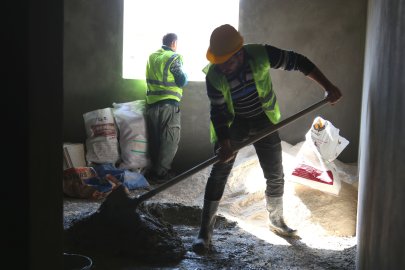Syria Returnees Face Economic and Employment Challenges
The situation for Syrians returning to their homeland remains precarious, with many facing significant economic and employment challenges. Various reports have underscored the difficulties that these returnees encounter as they reintegrate into a country that has been ravaged by years of conflict. The International Organization for Migration (IOM) has highlighted these issues, emphasizing the need for urgent support and strategic interventions.
The Economic Landscape in Syria
Syria’s economy has been severely impacted by the ongoing conflict, leading to high unemployment rates and a lack of basic services. Many returnees find themselves in a country where the economic infrastructure is in shambles. The following factors contribute to the challenging economic climate for returnees:
Employment Challenges for Returnees
Finding stable employment is a major hurdle for many Syrian returnees. The current job landscape is characterized by:
Support Initiatives for Returnees
In light of these challenges, various organizations and governmental bodies are working to provide support for Syrian returnees. Key initiatives include:
The Role of the International Community
The international community plays a crucial role in addressing the challenges faced by Syrian returnees. Ongoing support is essential to ensure that these individuals can successfully reintegrate into society. This includes:
Looking Ahead
As Syria continues to recover from years of conflict, the path forward for returnees remains challenging. However, with the right support systems in place and a focus on rebuilding the economy, there is hope for a brighter future. The collaboration between local authorities, international organizations, and the returnees themselves is essential to overcoming the obstacles they face.
In conclusion, while the challenges for Syrian returnees are significant, they are not insurmountable. By prioritizing economic recovery and employment initiatives, there is potential to create a more sustainable environment for those returning home. The journey may be long, but with commitment and cooperation, progress is possible.










